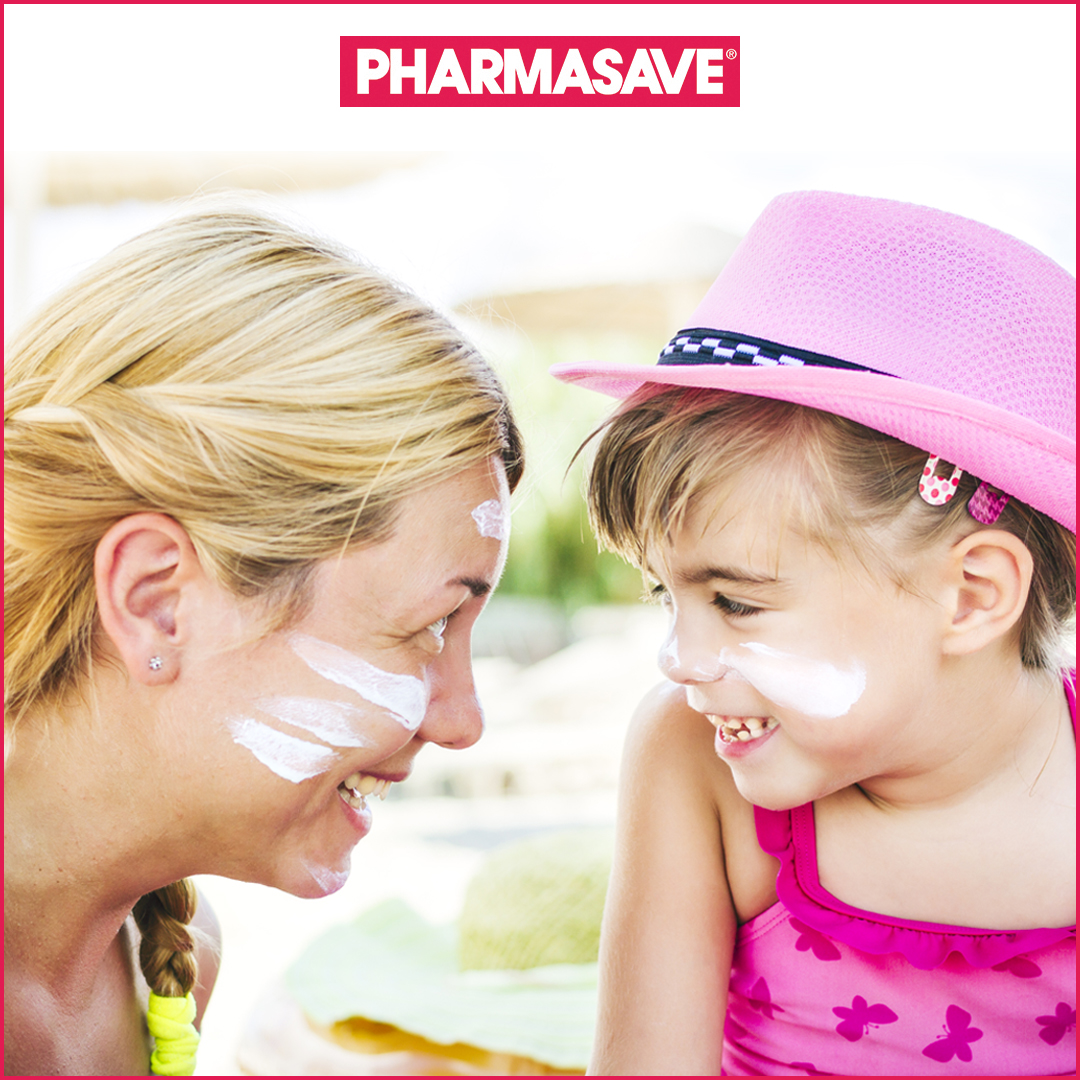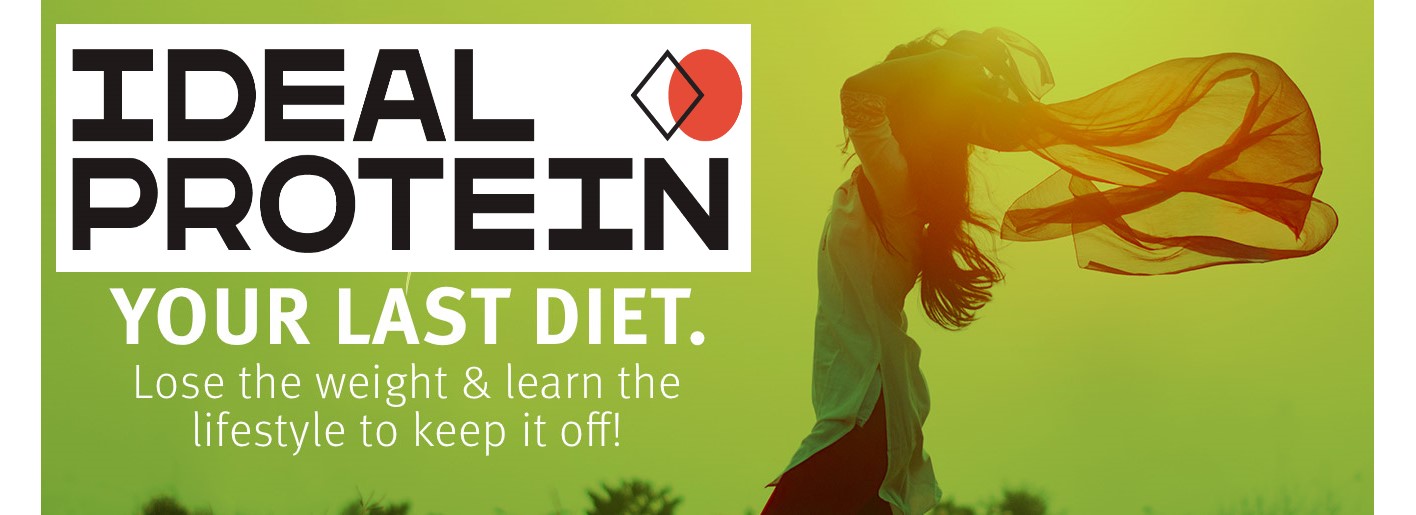
July – Sun Care / Healthy Skin
Taking care of your skin
–
Healthy skin is an essential part of a healthy lifestyle – and vice versa. For good skin care, start developing healthy habits that protect your skin from the outside and the inside.
- Drink plenty of water to keep your skin hydrated.
- Eat well-balanced meals.
- Protect your skin from the harmful rays of the sun.
- Practice an effective skin care regimen.
To take care of your skin effectively, you need to identify your skin type. When choosing how to cleanse and treat your skin, remember that what works for someone else will not necessarily work for you. Based on the characteristics of your skin, skin types can be grouped into one of the following:
Dry skin: Often feels uncomfortably tight and rough. For this particular skin type, avoid cleansing with hot water and using soaps and alcohol-based products. Cleansing creams or cloths will help infuse moisture into the skin without stripping away natural surface oils. It is important to moisturize your face with lotions or creams to keep your skin hydrated and looking its best!
Oily skin: Skin may appear shiny with dilated pores and is prone to blackheads and pimples. Use a mild cleanser twice a day. If acne breakouts are a problem, talk to your dermatologist to help you select a medicated face wash best suited for your skin. Don’t make the mistake of over-scrubbing acne-prone skin – it will worsen the problem. After cleansing, follow up with an astringent to remove the excess oil. Moisturize with a light oil-free product specifically formulated for oily skin types. Avoid using any type of oil-based cosmetics on your skin, as they may clog pores and promote pimples and blackheads.
Combination skin: People with combination skin have areas that are dry and areas that are oily. The nose, forehead, and chin tend to be the oily zones. There are many products on the market that can be applied to both areas of your face.
Normal skin: People with “normal” skin have a pinkish, glowing complexion with hard-to-see pores. This type of skin maintains a balance between dryness and oiliness. As this skin presents no particular problems, its water/oil balance does not need adjustment – just ongoing maintenance. Therefore, the use of a skin care product that helps the skin keep its water balance is recommended.
People with sensitive skin should always use beauty aids that are mild. Always test the product on a small area on your arm to see how your skin reacts before using it on your face. Don’t assume that a “natural source” product doesn’t contain ingredients that can irritate your skin. Try cleansing with gentle, milky, water-soluble lotions and tepid water. Avoid face-cleansing gels or soaps that contain drying alcohol, preservatives, or strong-acting acid, since these ingredients can irritate the skin. Do not use exfoliating scrubs or astringents on sensitive skin, because they can cause inflammation.
Ask Your Pharmacist
–
Q: I’m taking a hiking and camping vacation soon. Should I be concerned about tick bites and contracting Lyme disease?
A: The risk of contracting Lyme disease is low, however, the number of cases reported in Canada continues to rise. While it isn’t common, it is still a good idea to be prepared when exploring outside.
If you are in a tick-infested area, particularly where there is tall grass or narrow bushy trails, it’s a good idea to wear closed shoes, a hat, long-sleeved shirt and long pants with the pant legs tucked into your socks or boots. Spray your clothing and any exposed skin (except for your face or any open wounds) with an insect repellant containing 30% DEET. Be sure to inspect yourself once indoors; it will be easier to see any ticks that have jumped on you if you also wear light-coloured clothes.
If you are bitten by a tick, be sure to remove it safely. Your pharmacist can tell you how to do that and the best tools to use, such as those found in a “tick kit”. Not all ticks carry Lyme disease but if you’re concerned, watch for the following symptoms: an expanding red rash patch at the bite site that is less red in the centre so it looks like a bullseye, flu-like symptoms or any tingling or numbness in your hands or feet.
Do you have more questions? Speak with your Pharmasave pharmacist.
Health Tip
–
Whether you’re flying somewhere, camping or having fun at the beach or in the park, your pharmacist can help you protect your skin. Sunscreen is usually the first thing that comes to mind when summer skin care is mentioned. But with hotter temperatures and increased sun exposure, applying sunscreen is only one part of a good skincare routine. We lose a lot of moisture through our skin; keeping it hydrated and moisturized is important. And don’t forget to use a sunscreen with SPF 30 or more. Your Pharmasave pharmacist can help you choose a moisturizing lotion and sunscreen to suit your summer skin care needs.
All material © 1996-2013 MediResource Inc. Terms and conditions of use. The contents herein are for informational purposes only. Always seek the advice of your physician or other qualified health provider with any questions you may have regarding a medical condition.



